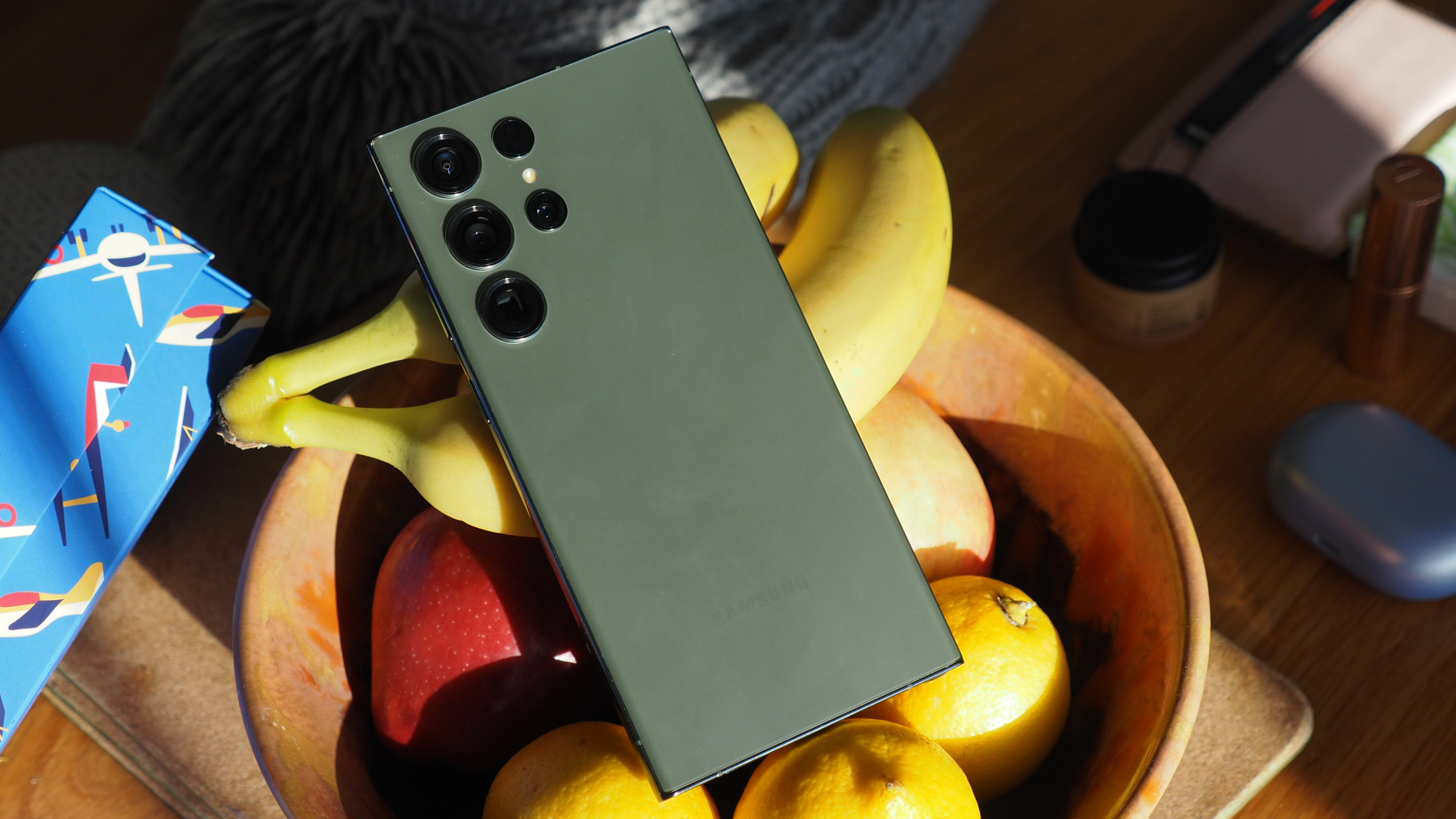Your next Samsung Galaxy phone could let you talk to satellites from your flying car
Samsung is working on satellite connectivity that goes beyond Apple's iPhone 14 offering


Get all the latest news, reviews, deals and buying guides on gorgeous tech, home and active products from the T3 experts
You are now subscribed
Your newsletter sign-up was successful
One of the features absent from the Samsung Galaxy S23 was the ability to communicate with satellites – a feature some people thought Samsung might add after Apple brought satellite-based emergency calling to the iPhone 14.
It now seems that Samsung phones getting satellite connections are a case of "when", not "if": a new report says that Samsung is working on bringing satellite communications to its Exynos chips, and we already know that Qualcomm is bringing satellite connectivity to its Snapdragons later this year.
Samsung doesn't currently put Exynos silicon in the Samsung Galaxy Phones – it's switched solely to Snapdragons – but as both its own silicon and Qualcomm's will offer satellite features we should see those features in future models.
So what has Samsung been working on?
What Samsung is saying about satellites
Samsung has announced its development of a 5G NTN – Non-Terrestrial Network – technology that delivers two-way communications between satellites and smartphones. According to Samsung, it's " paving the way for the 6G-driven Internet of Everything (IoE) era" and will help power "future urban air mobility (UAM) such as unmanned aircraft and flying cars."
The idea is simple: by communicating with satellites, you can get network coverage in places that normal mobile signals can't reach, provided your phone can see the sky. Samsung's version means that phones will not need a high-powered antenna for such communications, which will be able to deliver voice and data; even when you're far from a cellular base station, you'll get "two way text messaging as well as high definition image and video sharing".
Clearly all of this isn't going to be in the Samsung Galaxy S24. But it's quite possible that the emergency SOS option will be, bringing Samsung's flagships in line with Apple's. As for the flying cars, they'll probably take a bit longer to arrive.
Get all the latest news, reviews, deals and buying guides on gorgeous tech, home and active products from the T3 experts
Writer, musician and broadcaster Carrie Marshall has been covering technology since 1998 and is particularly interested in how tech can help us live our best lives. Her CV is a who’s who of magazines, newspapers, websites and radio programmes ranging from T3, Techradar and MacFormat to the BBC, Sunday Post and People’s Friend. Carrie has written more than a dozen books, ghost-wrote two more and co-wrote seven more books and a Radio 2 documentary series; her memoir, Carrie Kills A Man, was shortlisted for the British Book Awards. When she’s not scribbling, Carrie is the singer in Glaswegian rock band Unquiet Mind (unquietmindmusic).
